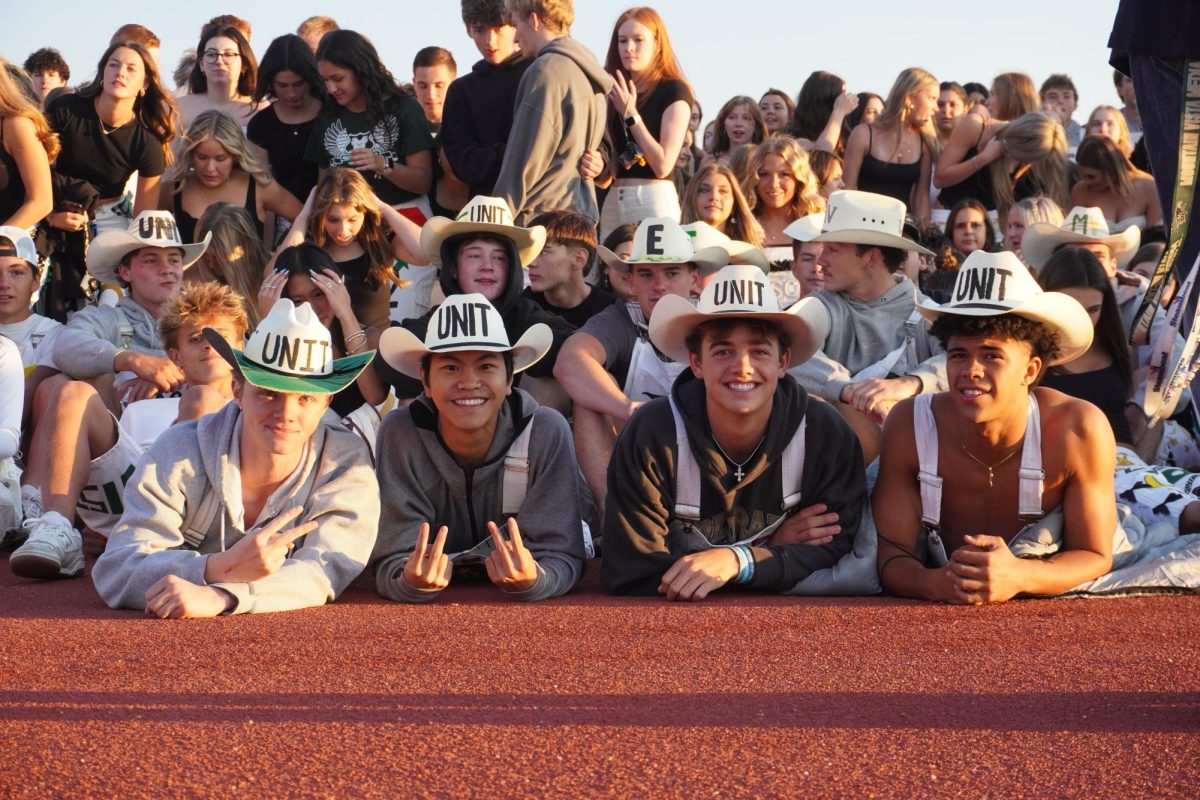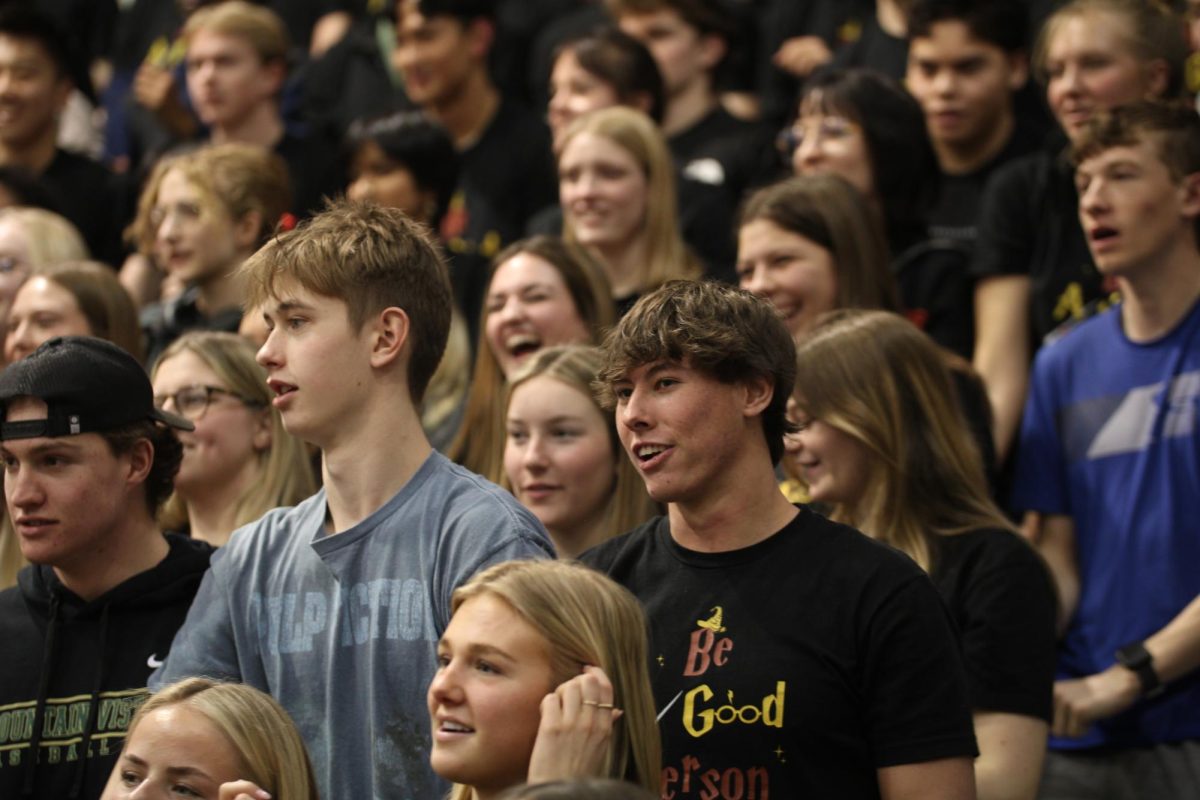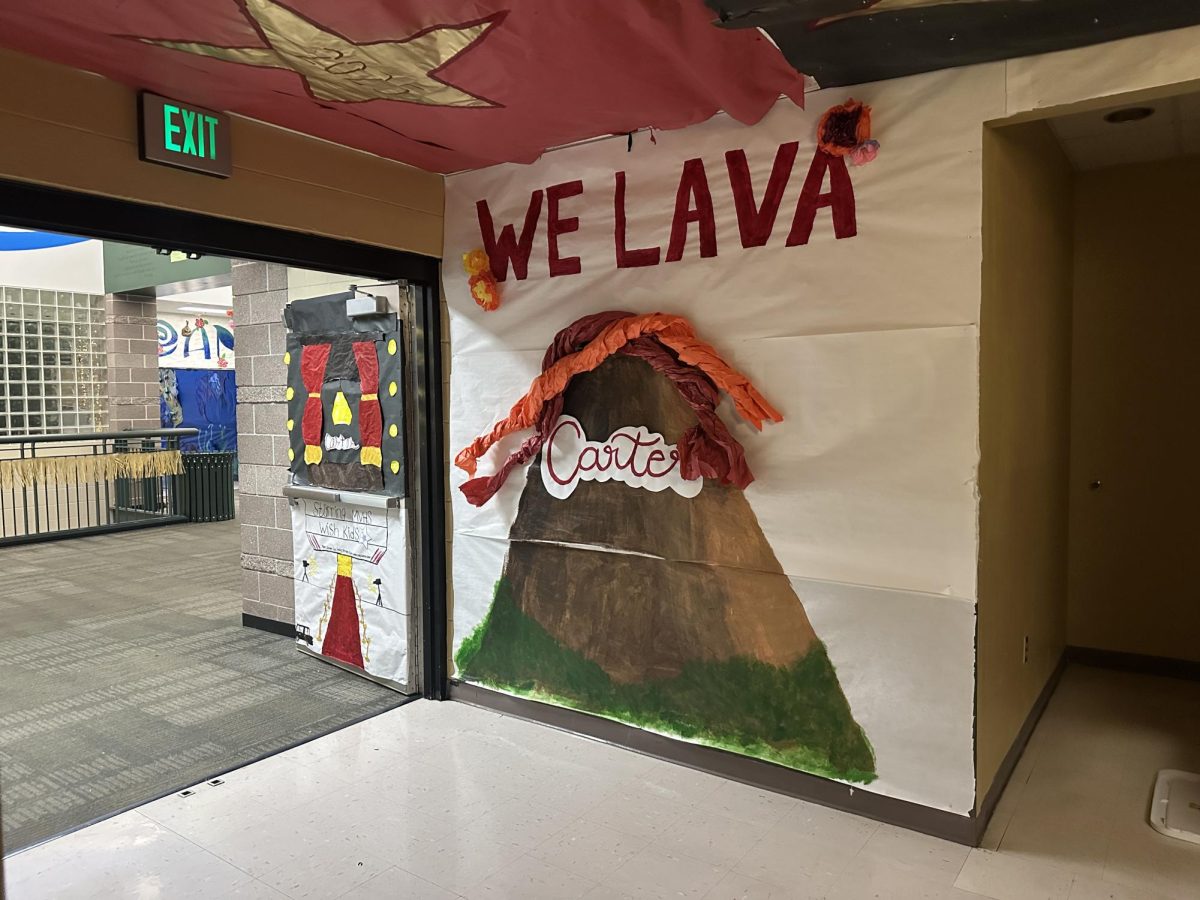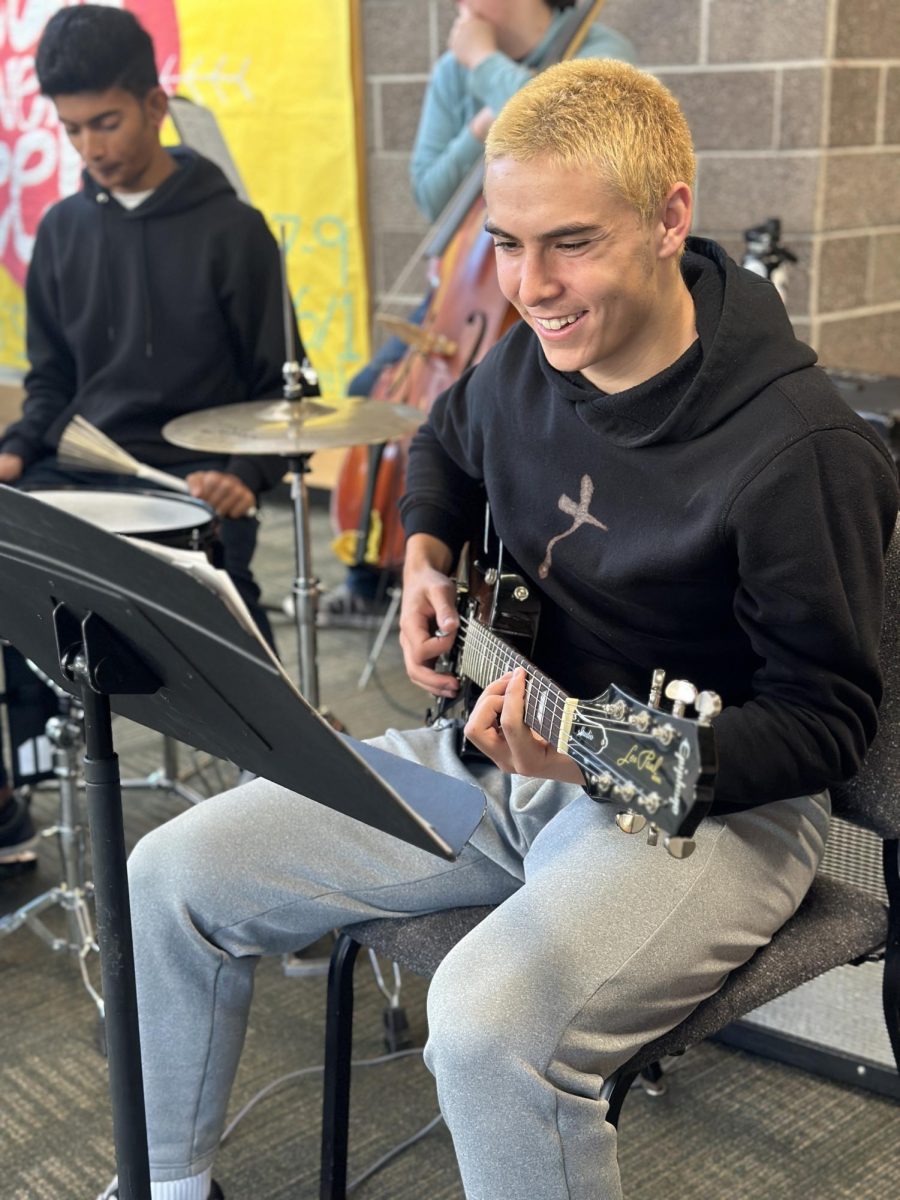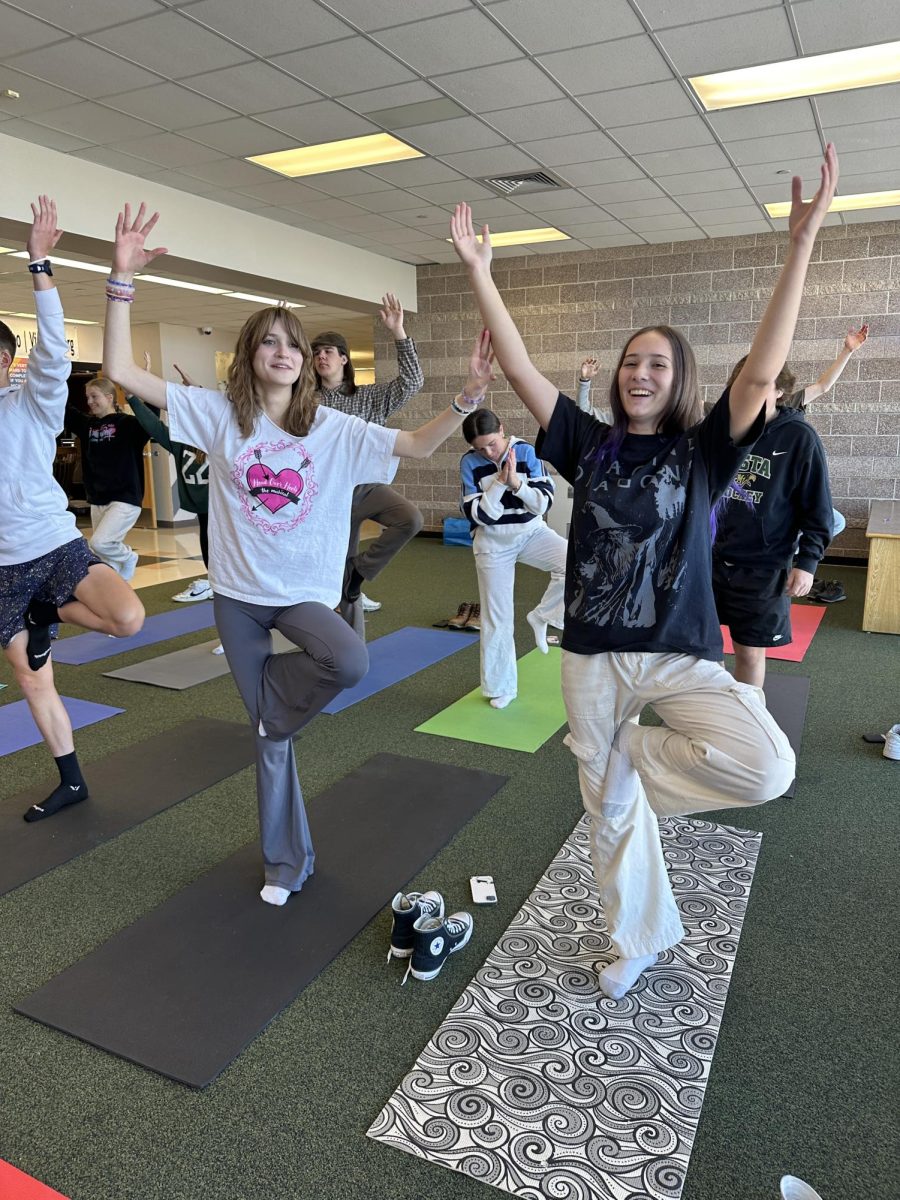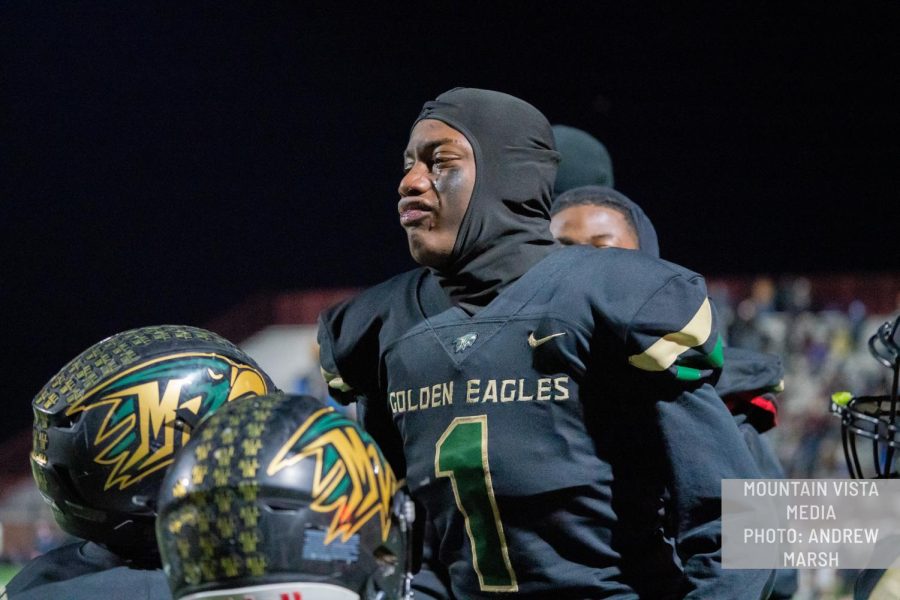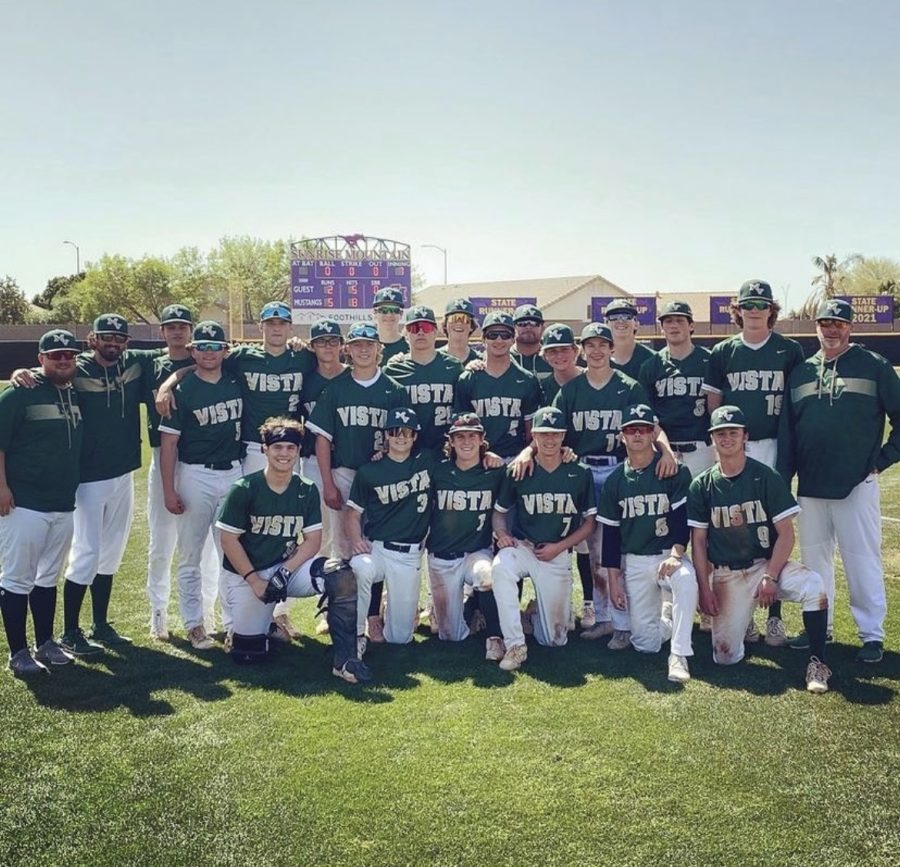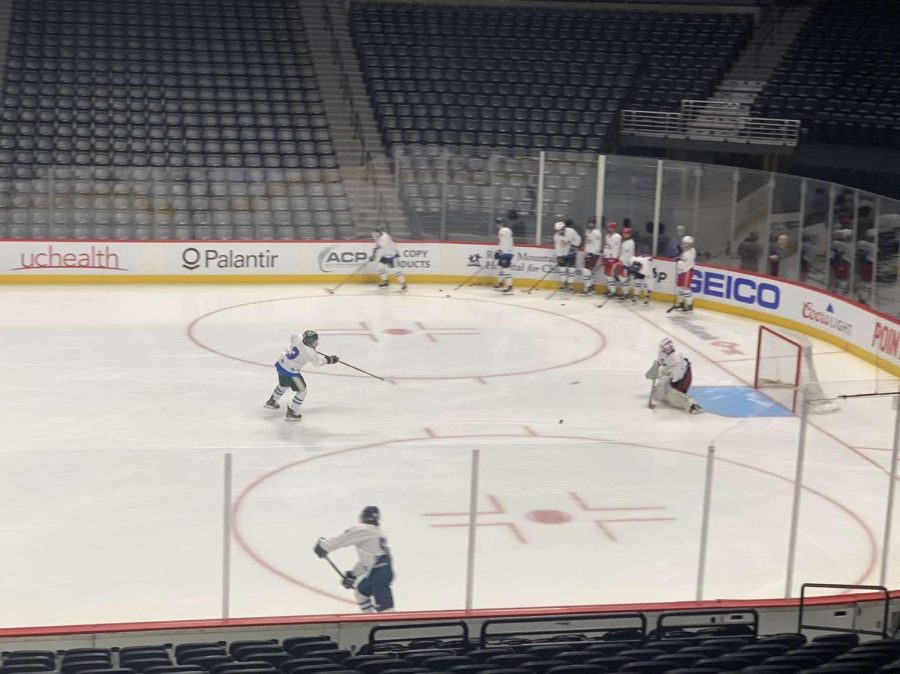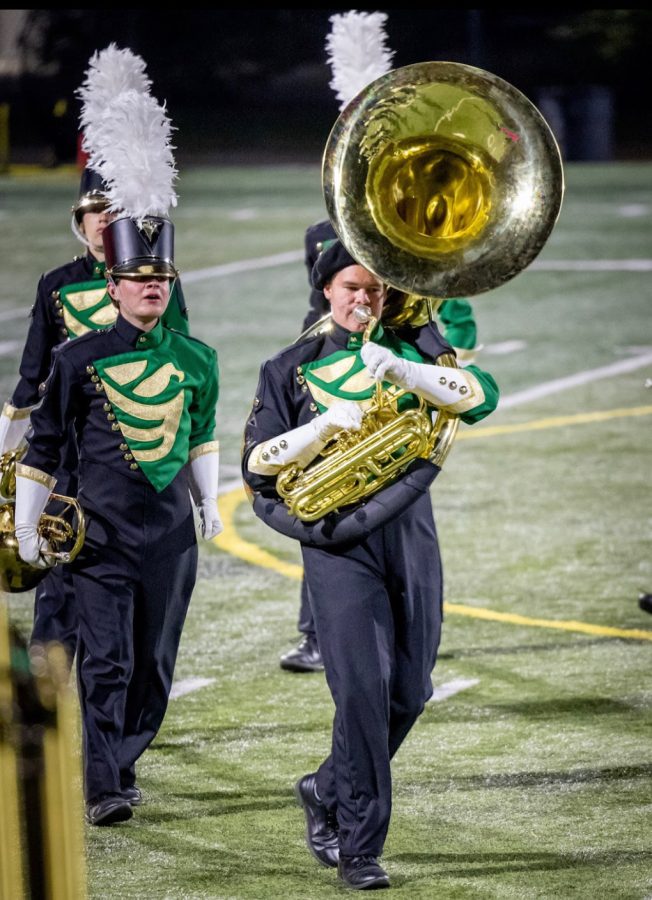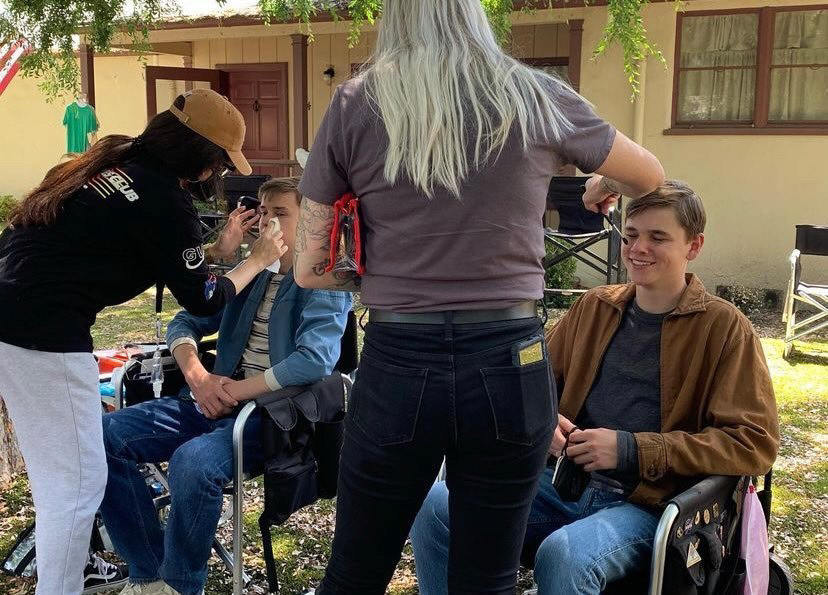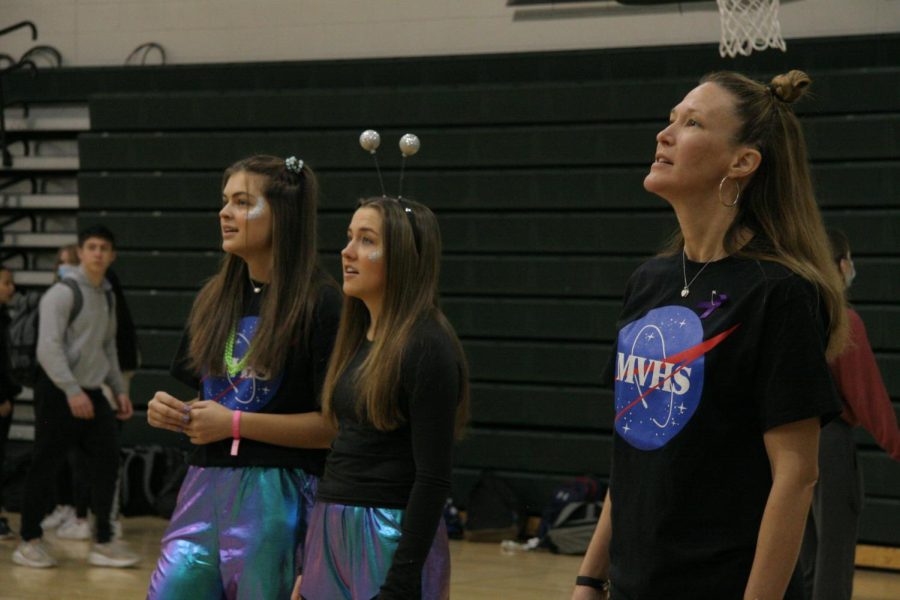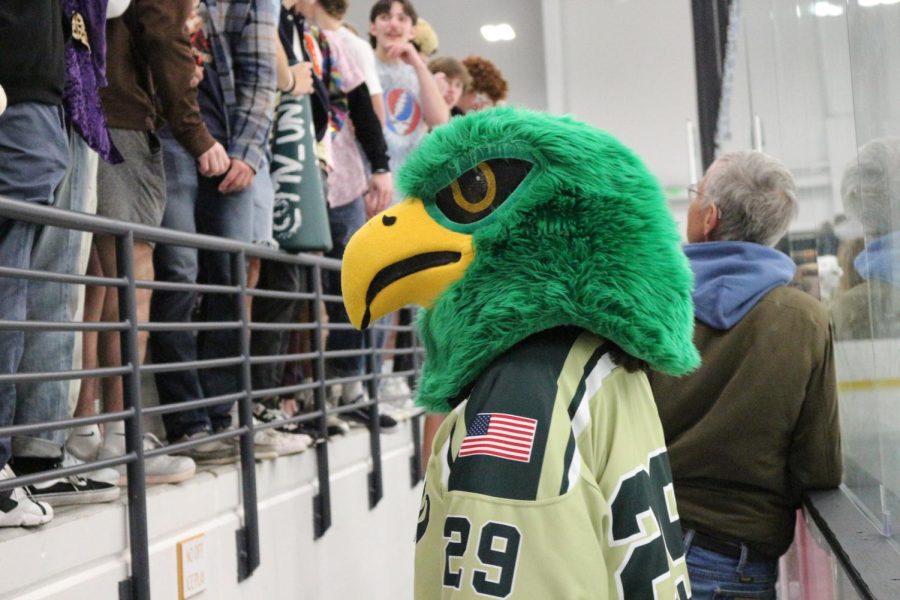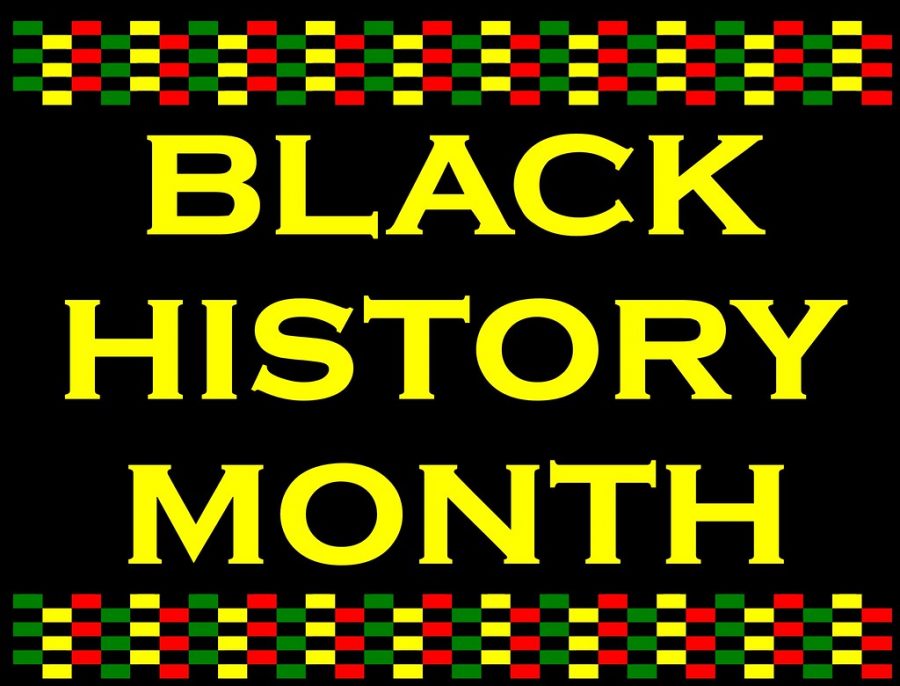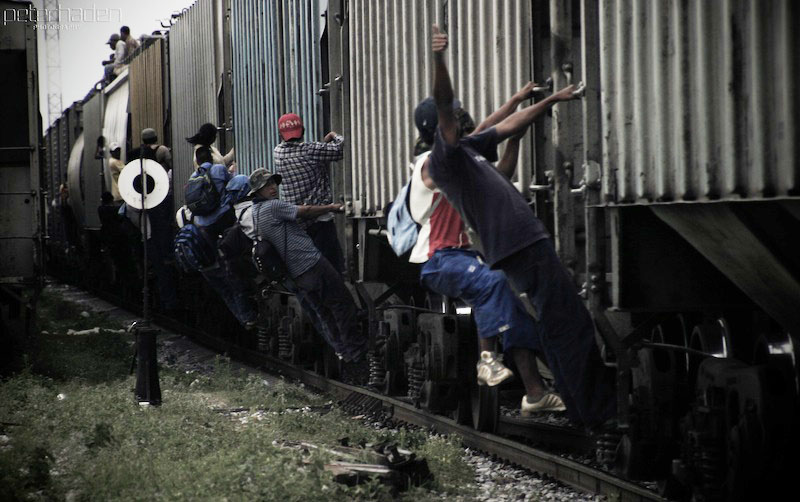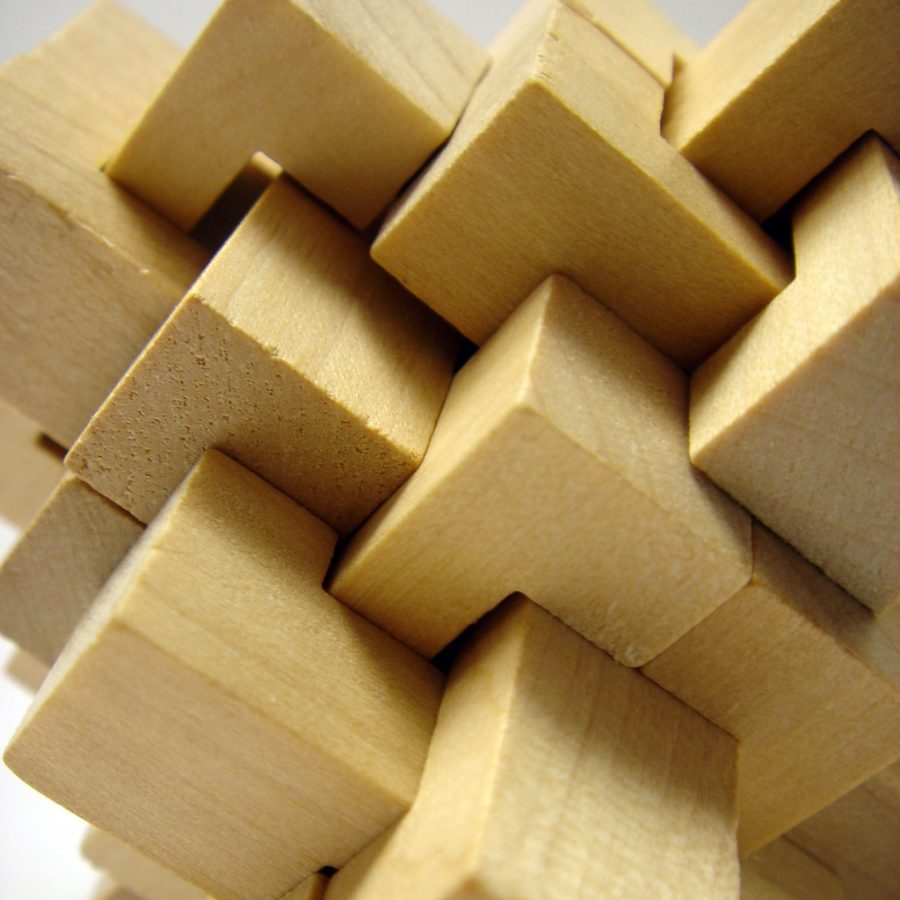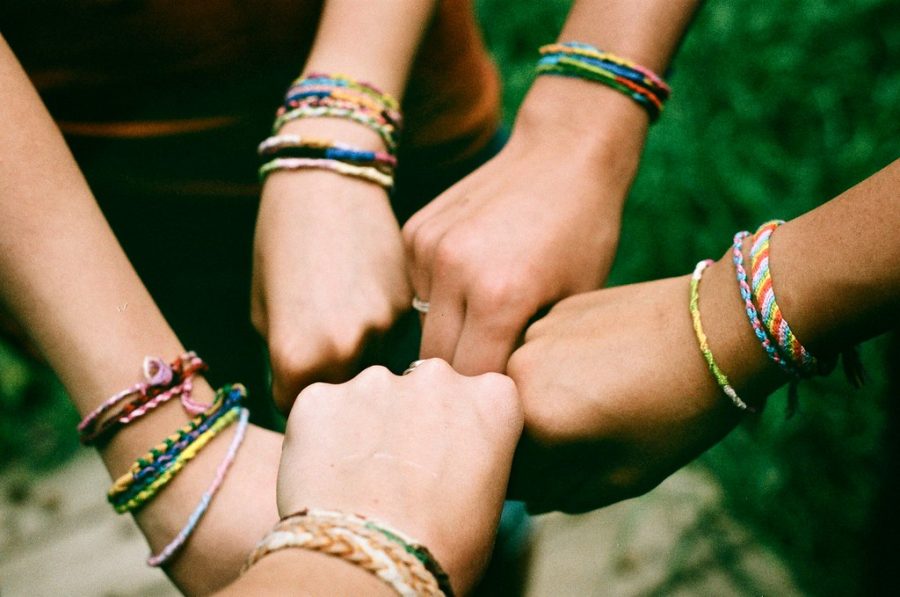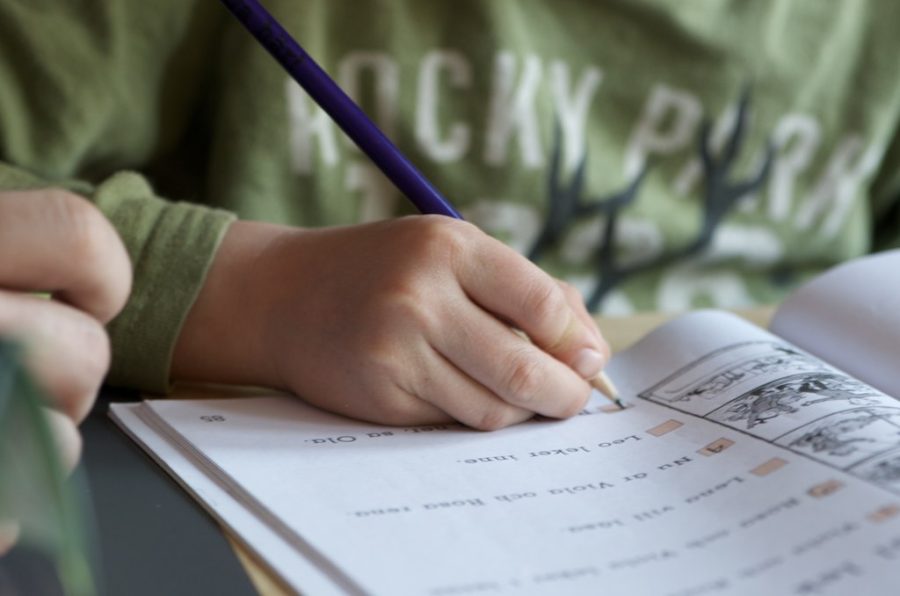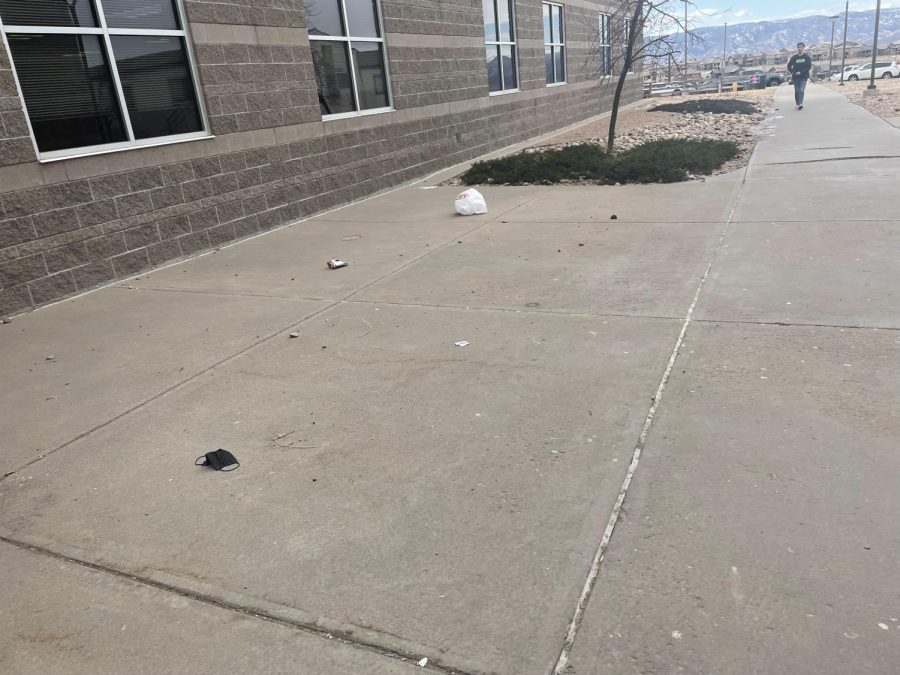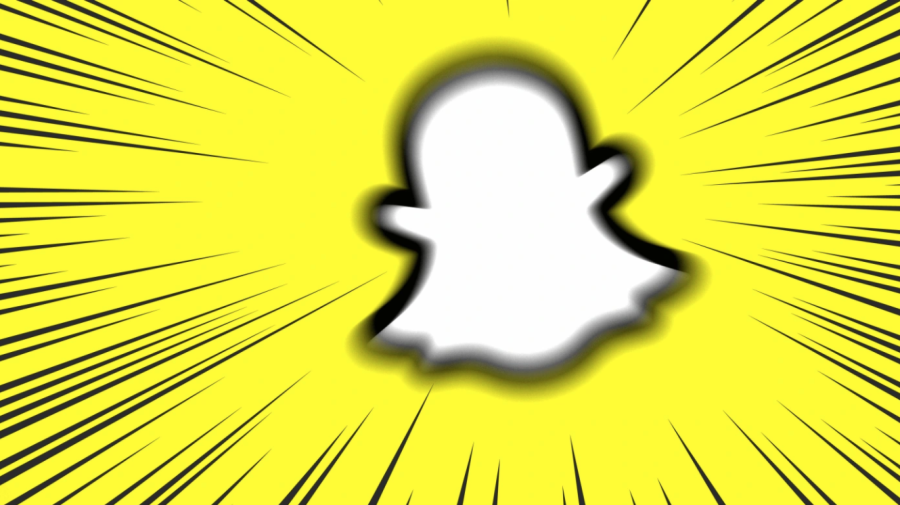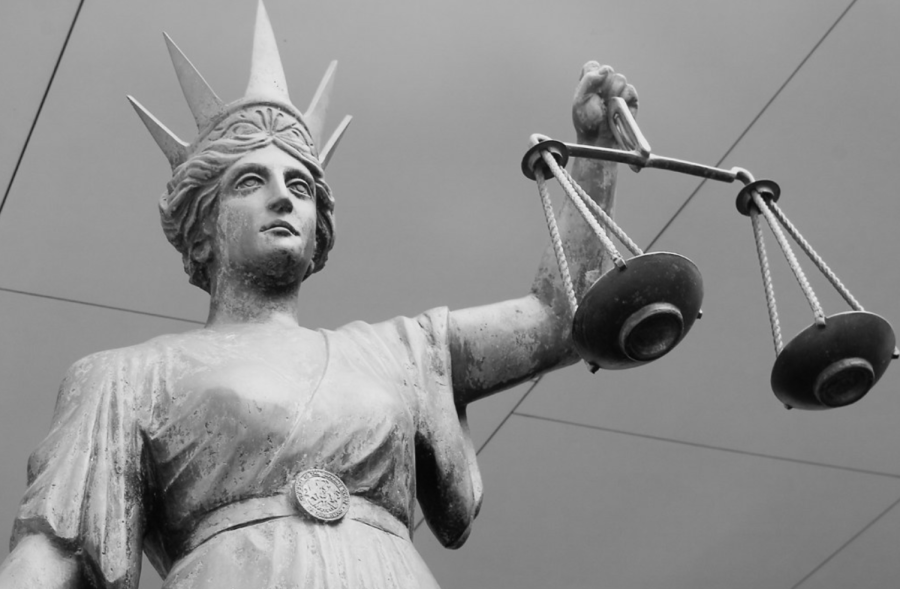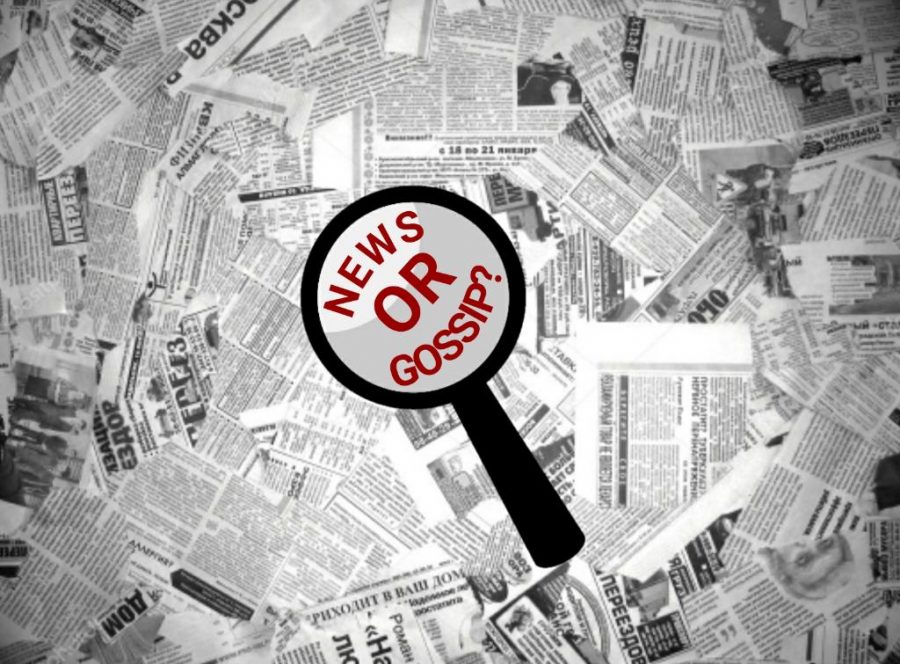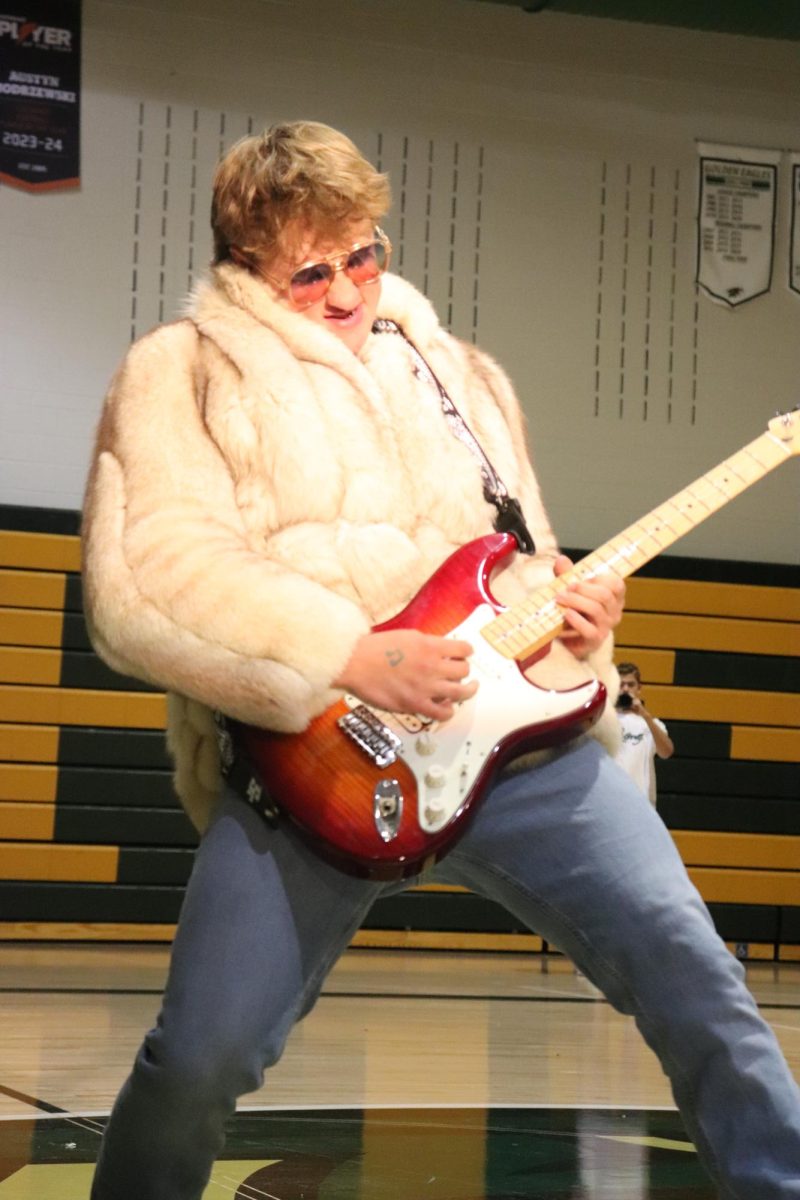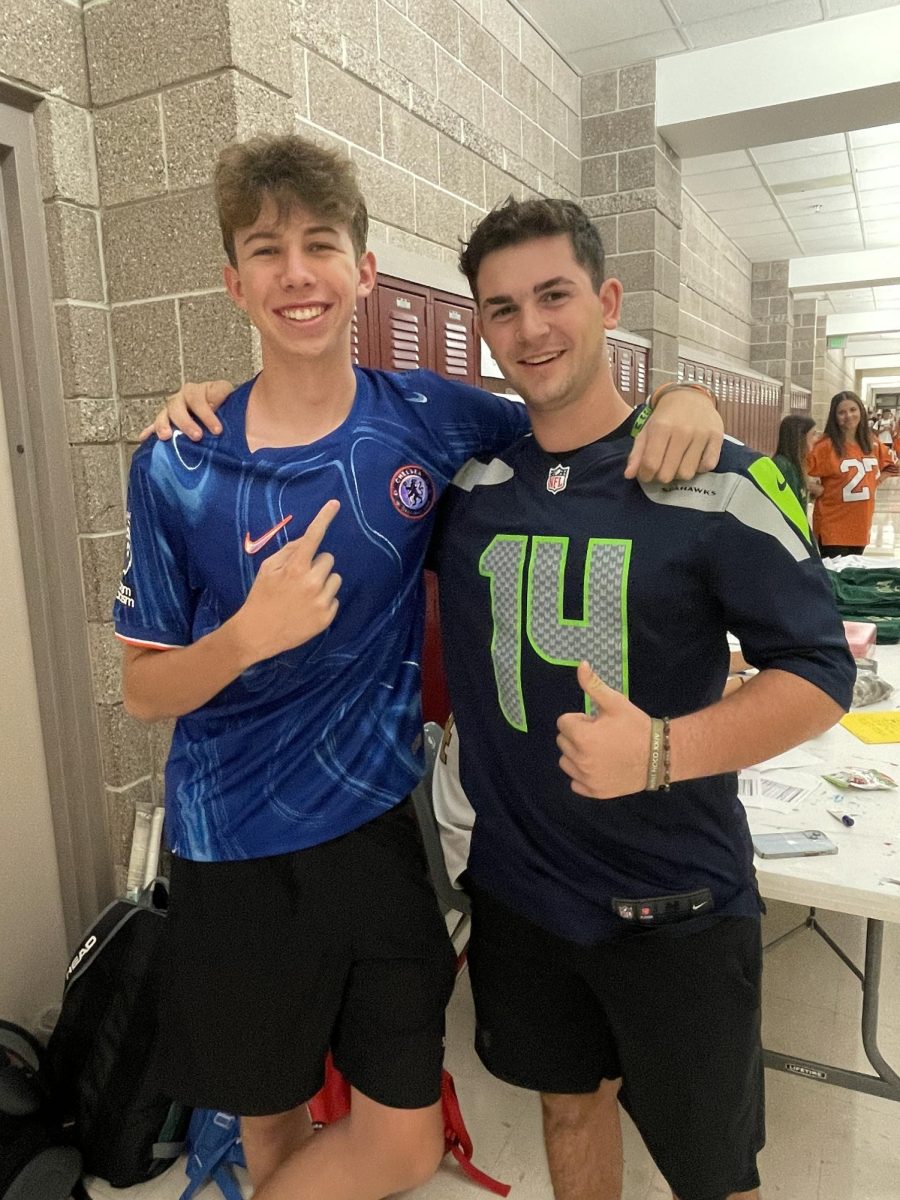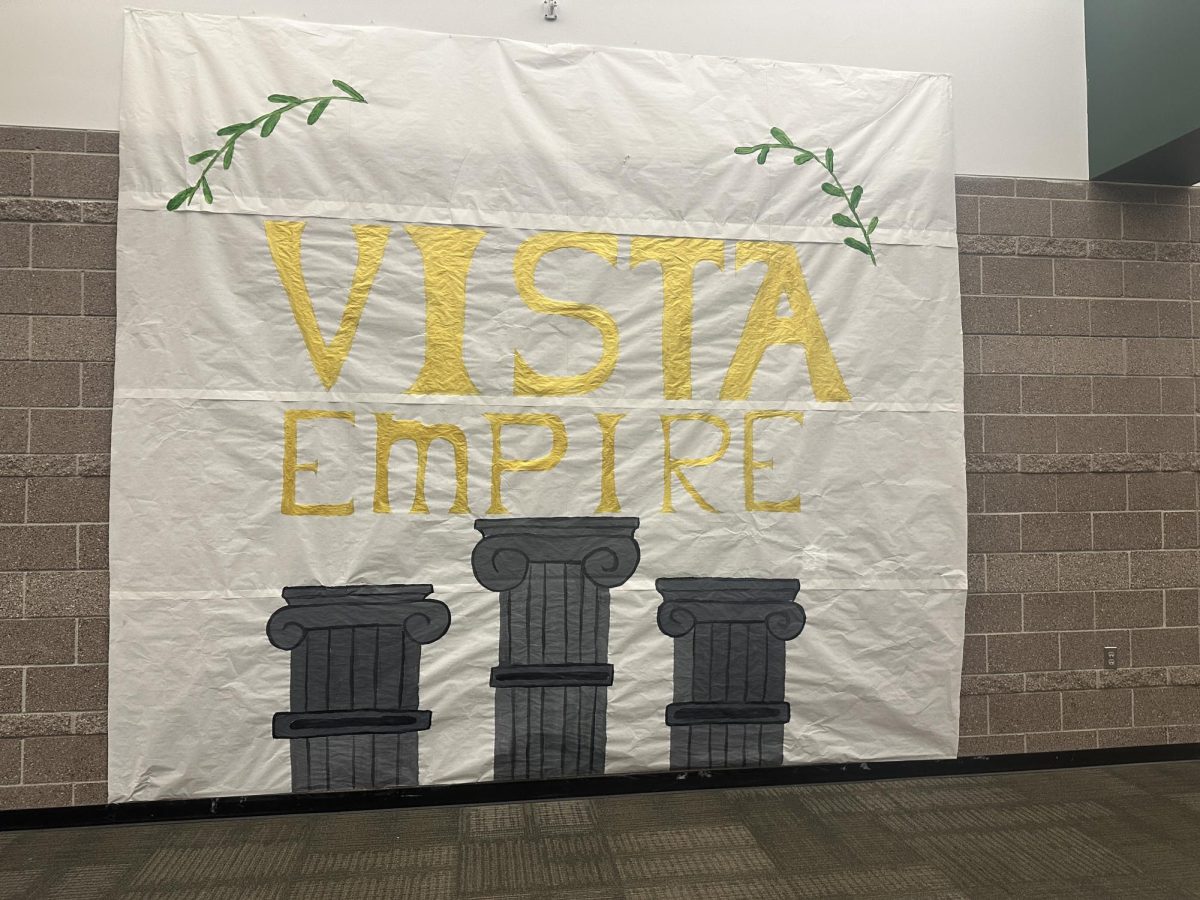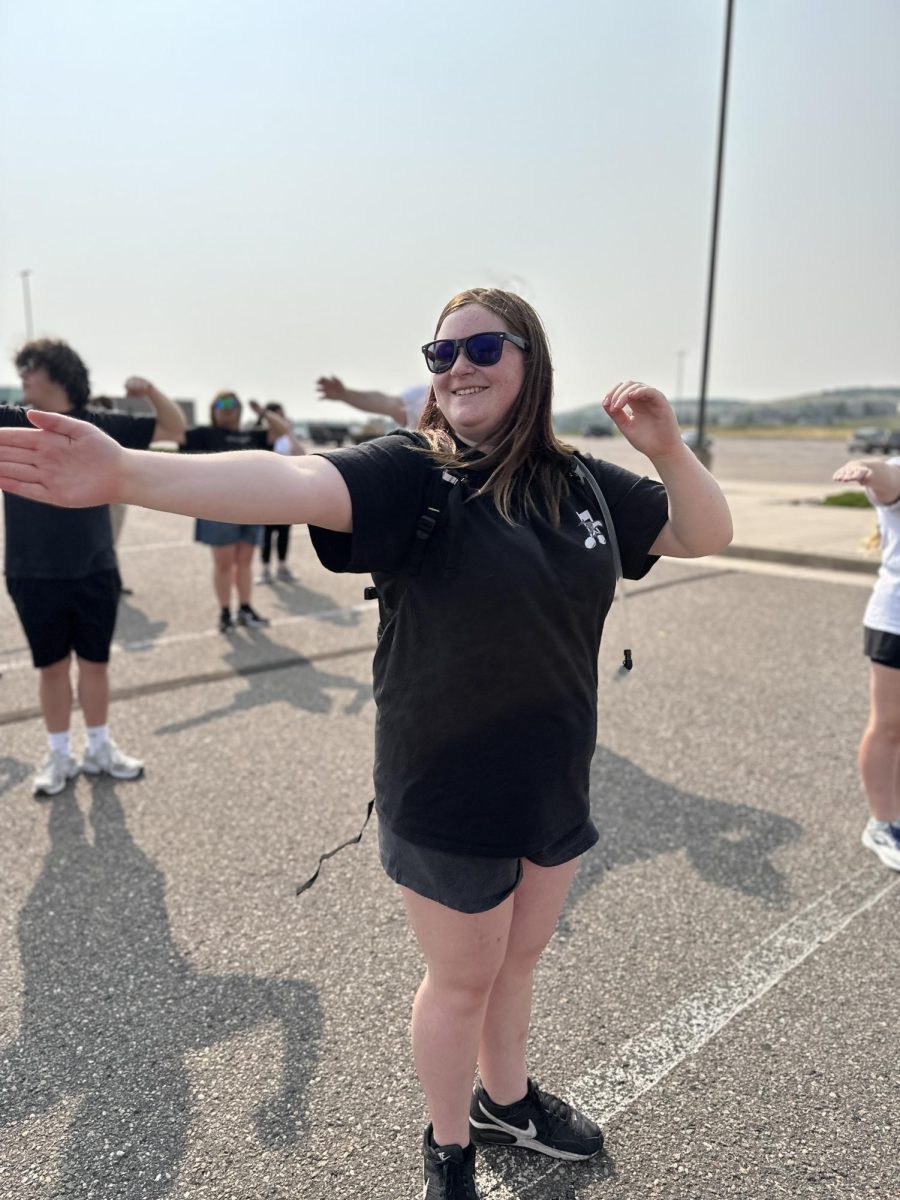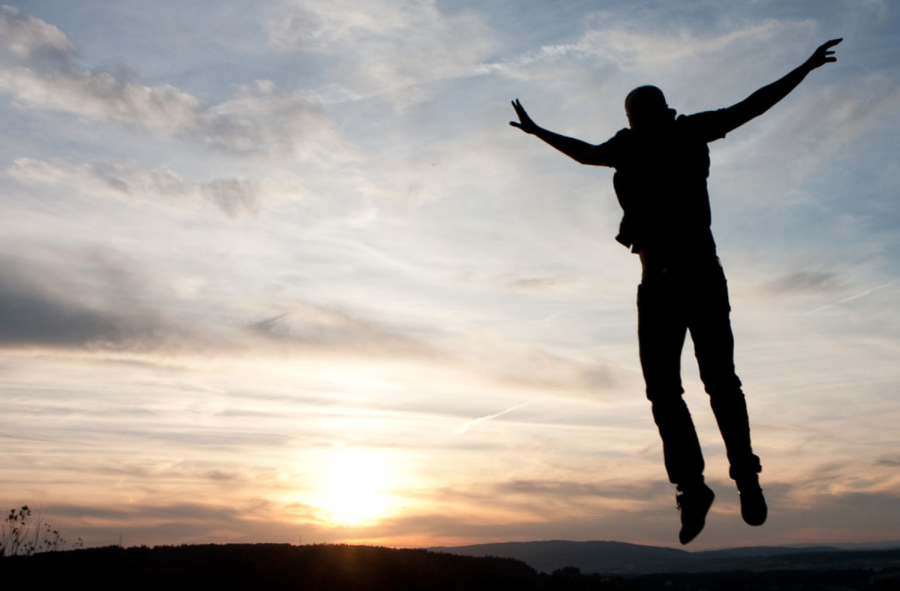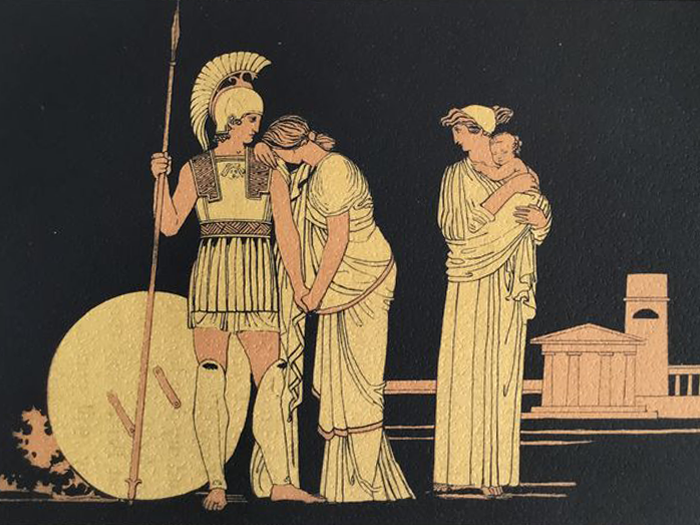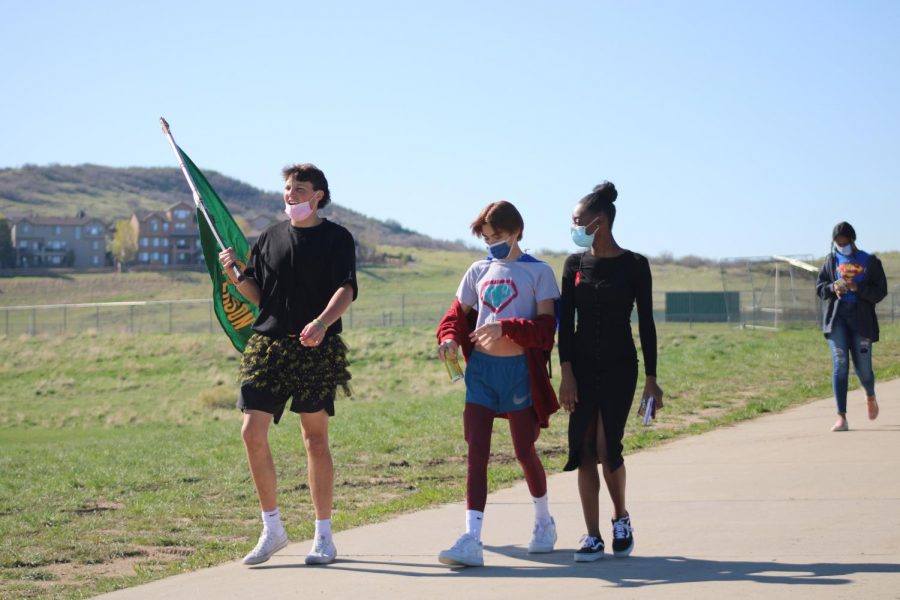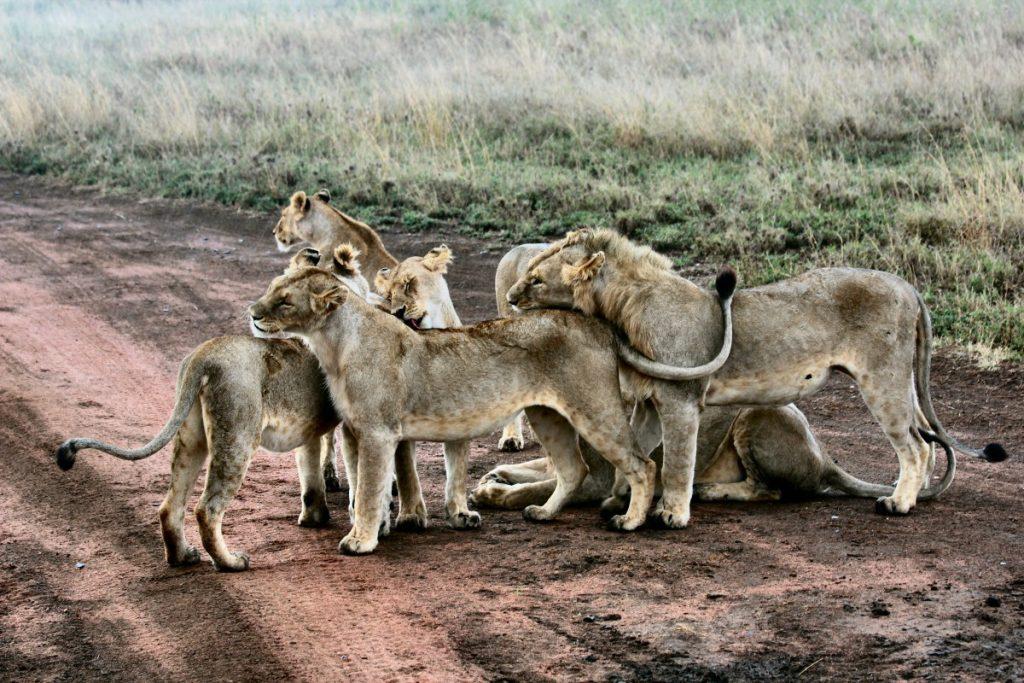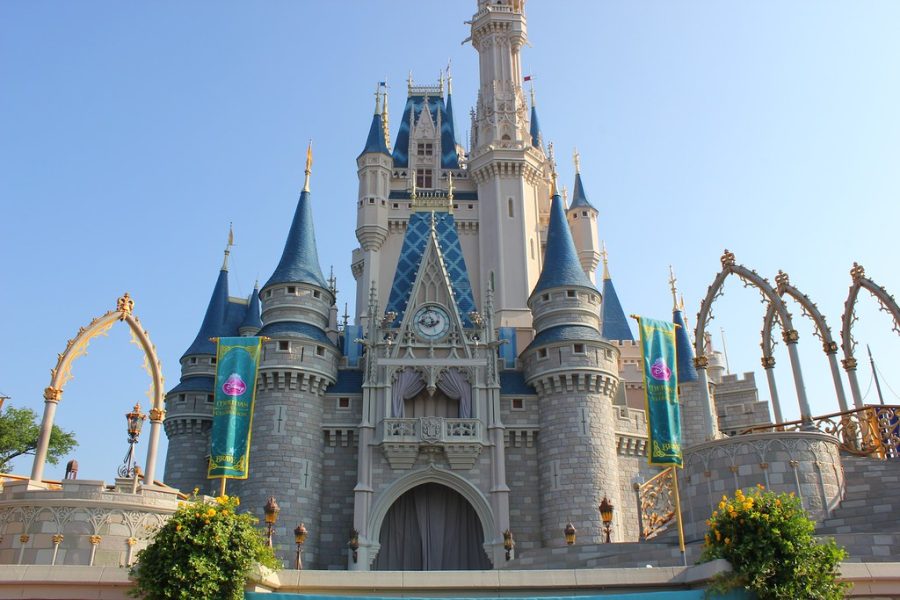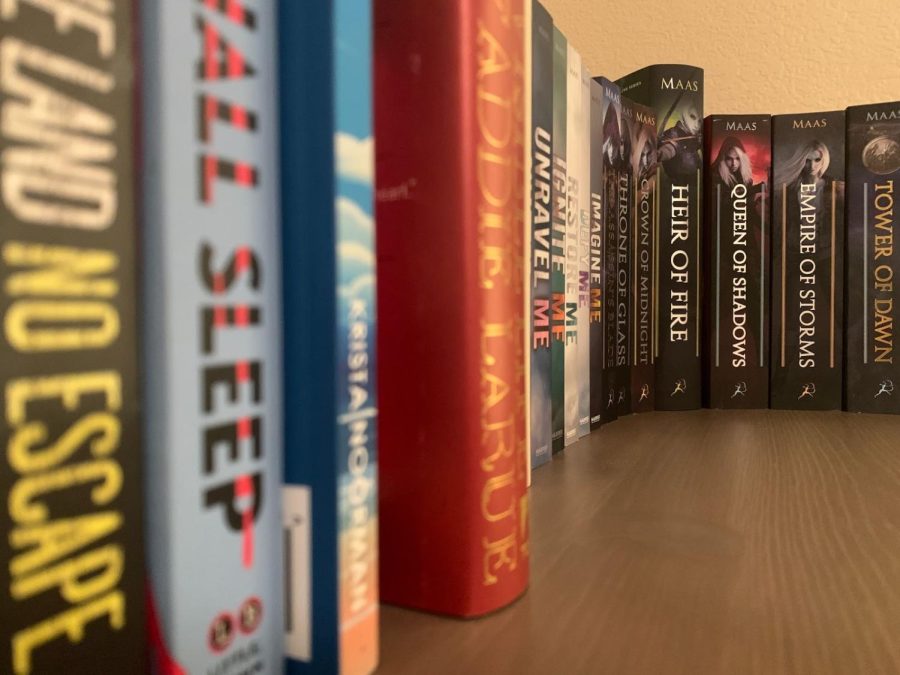We’ve heard about the dinosaur extinction ever since we can remember. It is an event that puzzled children, adults, and even scientists since the first discovery of fossilized dinosaurs. Was it caused by an asteroid? A flood? Climate Change? Volcano Eruptions? Will we ever know?
The truth is, we might never know. But what we DO (or should) know is that if we aren’t careful, mass extinction will eliminate hundreds of thousands of other species – and maybe even the human race. In a society where people care more about how many followers they have on instagram and which Kardashian has the biggest butt, it wouldn’t be surprising if animals and humans alike get wiped out. Unless we do something. In the words of the Lorax, “UNLESS someone like you cares a whole awful lot, nothing is going to get better. It’s not.”
As of 2018, the extinction rate is 10,000 times higher than the average historical extinction rates. From 1970 to 2012, we lost around 58 percent of the world’s animal population. What’s caused these huge numbers? Well to put it simply, climate change, habitat loss, degradation, pollution, over-exploitation of species, and so much more. To put it even more simply, humans. Almost all of us. Probably you, too.
Formosan Clouded Leopard, Alaotra Grebe, Pinta Tortoise, Spotted Green Pigeon, Christmas Island Pipistrelle, Japanese River Otter, Malagasy Hippopotamus, Eastern Cougar, West African Black Rhinoceros, The Baiji. 10 species out of the hundreds wiped out in the past decade. You’ve probably never heard of a Baiji or a Alaotra Grebe. And that right there is part of the problem – our own ignorance.
But, you’ve probably heard about the Rhino, Orangutan, Chimpanzee, Elephant, Sea Lion, Red Panda, Tiger, Whale, and so many many more that are currently on the World Wildlife Fund’s (WWF) Endangered Species list. In 50 years, the population may have no idea what those creatures were.
So, what can we do to slow our damage before it’s too late? We’re on the brink of the 6th Great Mass Extinction, but unlike the previous 5, this one will be completely our fault. As high schoolers, there’s some limits on what we are capable of doing, but that doesn’t mean we can’t change the world. Baby steps.
Educate yourself and others. Education is the biggest catalyst for change, and it’s no different in this situation. Learn which animals are endangered in your area, and what you can do to help them.
Buy, recycle, and reuse sustainable products. Instead of buying hundreds of plastic water bottles, maybe invest in a reusable water bottle. Don’t buy products made of wood that is sourced from rainforests. Recycle your cell phone. Minimize your use of palm oil. Refrain from buying products made from endangered animals, such as ivory, tortoise shells, and fur. When you pay money for products that hurt animals, you are doing nothing but encouraging the person who is going out there and poaching the elephant for its ivory or the snow leopard for its fur.
Cut down on your unnecessary water consumption. Maybe stop taking 30 minute showers when you don’t have to, and don’t leave the faucet running while you are brushing your teeth. Limit your unnecessary water consumption, so that there is more for the animals who need it the most.
Reduce your pollution and consumption of resources. Don’t drive when you don’t have to. Carbon Dioxide emissions have a major impact on the climate, and a continued change in the climate will have devastating effects on the animals that live in it. Get in the habit of turning off the lights when you leave a room. Unplug things when you are not using them.
Play an active role in the movement. You probably can’t vote yet, but when you can, vote for people who will make sure to protect the earth. Participate in protests. Sign petitions. Raise awareness. Donate to the cause.
None of us are perfect. We might forget to turn off the faucet or leave our light on. But anything helps. The important part is that you reduced your own footprint. The fate of our world will lie in our hands, and it is our responsibility to protect the world and the animals living in it at all costs. We have the power to cause the next great extinction, but we also have the power to prevent it. And to save the lives of millions of animals.

